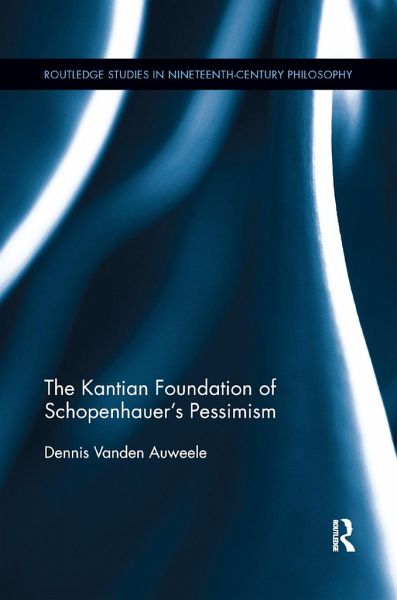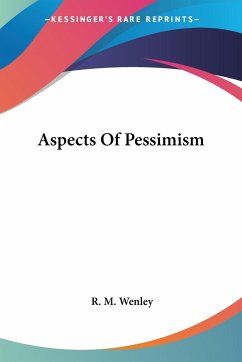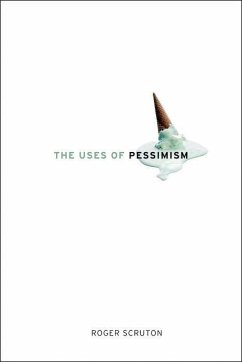
The Kantian Foundation of Schopenhauer's Pessimism
Versandkostenfrei!
Versandfertig in 1-2 Wochen
55,99 €
inkl. MwSt.
Weitere Ausgaben:

PAYBACK Punkte
28 °P sammeln!
This book connects Schopenhauer's philosophy with transcendental idealism by exploring the distinctly Kantian roots of his pessimism. By clearly discerning four types of coming to knowledge, it demonstrates how Schopenhauer's epistemology can enlighten this connection with other areas of his philosophy. The individual chapters in this book discuss how these knowledge types-immediate or mediate, representational or non-representational-relate to Schopenhauer's metaphysics, ethics and action, philosophy of religion, aesthetics, and asceticism. In each of these areas, a specific sense of pessimis...
This book connects Schopenhauer's philosophy with transcendental idealism by exploring the distinctly Kantian roots of his pessimism. By clearly discerning four types of coming to knowledge, it demonstrates how Schopenhauer's epistemology can enlighten this connection with other areas of his philosophy. The individual chapters in this book discuss how these knowledge types-immediate or mediate, representational or non-representational-relate to Schopenhauer's metaphysics, ethics and action, philosophy of religion, aesthetics, and asceticism. In each of these areas, a specific sense of pessimism serves to disarm a number of paradoxes and inconsistencies typically associated with Schopenhauer's philosophy. The Kantian Foundation of Schopenhauer's Pessismism shows how Schopenhauer's claim that he is a true successor to Kant can be justified.














